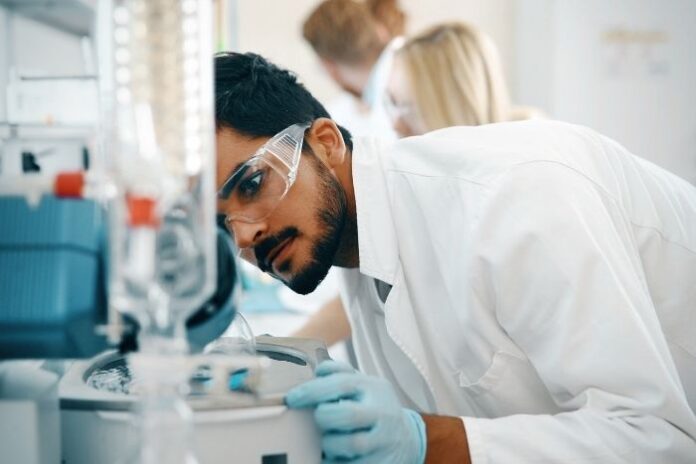Outfitting a new lab with equipment can be a challenging and arduous process, and whether the new lab succeeds can depend on the quality of its equipment. Build your lab to last by avoiding these mistakes people make when choosing lab equipment.
Not Considering New vs. Used Equipment
The two primary options for labs when deciding on new equipment are using used/refurbished equipment or brand-new tools and machines. Knowing when to buy used or new lab equipment is tricky, but many labs can make mistakes by not adequately weighing the pros and cons of each piece of equipment.
You don’t want to choose whether to get new or used equipment for your entire lab. In some instances, new equipment will be the better option, while in others, you’ll save some money by going used without sacrificing quality.
Going the Cheapest Route
The budget for a lab can be tight. However, the last thing you want to do is sacrifice quality for the price and risk mistakes in your lab due to insufficient technology and equipment. There’s no harm in using quality, refurbished equipment, but if you decide to choose the cheapest option every step of the way, you’ll almost certainly run into problems.
Not Checking Standards and Certifications
One of the essential parts of a working lab is that its equipment is certified and meets the standards for the work the lab does. Whether you choose new or furbished equipment, double and triple-check its certifications and that it meets the standards of the regulatory bodies that scrutinize your lab’s work.
The last thing any testing lab wants is to use equipment that doesn’t meet standards and taints the results of numerous tests.
Not Verifying the Warranty
One of the benefits of choosing new OEM lab equipment is that you know you’ll receive a solid and secure warranty for what you’re buying. Like anything you buy, you want to be sure that you’re protected if things malfunction through no fault of your own.
When buying new, make sure that you get the warranty information. If you’re buying refurbished equipment, consider how much time the warranty has left on it and whether it’s long and comprehensive enough to protect your lab should problems arise. Stocking a testing lab isn’t much different from other businesses purchasing tools for their trade. There are many mistakes people make when choosing lab equipment, but the critical thing to remember is to think of the short- and long-term goals of your lab.















